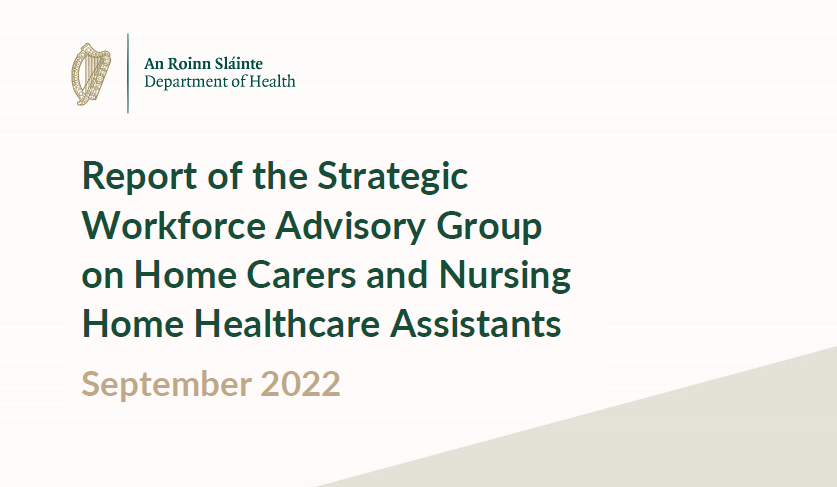Now is the time for Healthcare Assistants to Organise – SIPTU
SIPTU, the Union with national negotiation rights for Healthcare Assistants (HCAs) in Ireland, will today (September 21st), be reaching out to HCAs in Galway University Hospital and encouraging them to join the Union to ensure their role is recognised and respected.
The Union will be on the site of Galway University Hospital today, speaking to HCAs about the value of joining SIPTU and sharing information on their rights and entitlements in the workplace.
SIPTU Sector Organiser, Pat Flannery, said “the role of the HCA is continuing to evolve at a rapid pace. What was once considered an auxiliary role, is now fundamental to the delivery of direct patient care. In the last number of years, we have seen that the HSE Support Grade Job Evaluation Scheme, a scheme in which the roles of support workers were independently evaluated, deemed that the role warranted being re-banded to a higher rate of pay. It was in recognition of the fact that the role has evolved in recent years.”
“Our Union successfully negotiated for a full review of the role of the HCA, which was published in 2018. Among the recommendations of that report was that resources be made available for ongoing training and development of HCAs, to explore the possibility of having HCAs as professionally registered grade; and explore career pathways for HCAs. The Union is working hard to make sure the recommendations of this report are fully implemented.”
“It is important to state that, as a Union, SIPTU does not just represent HCAs in the public service. SIPTU also represents HCAs in the Section 39 and private service. We encourage carers in every employment and setting to join SIPTU” Mr Flannery concluded.


